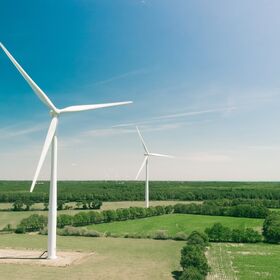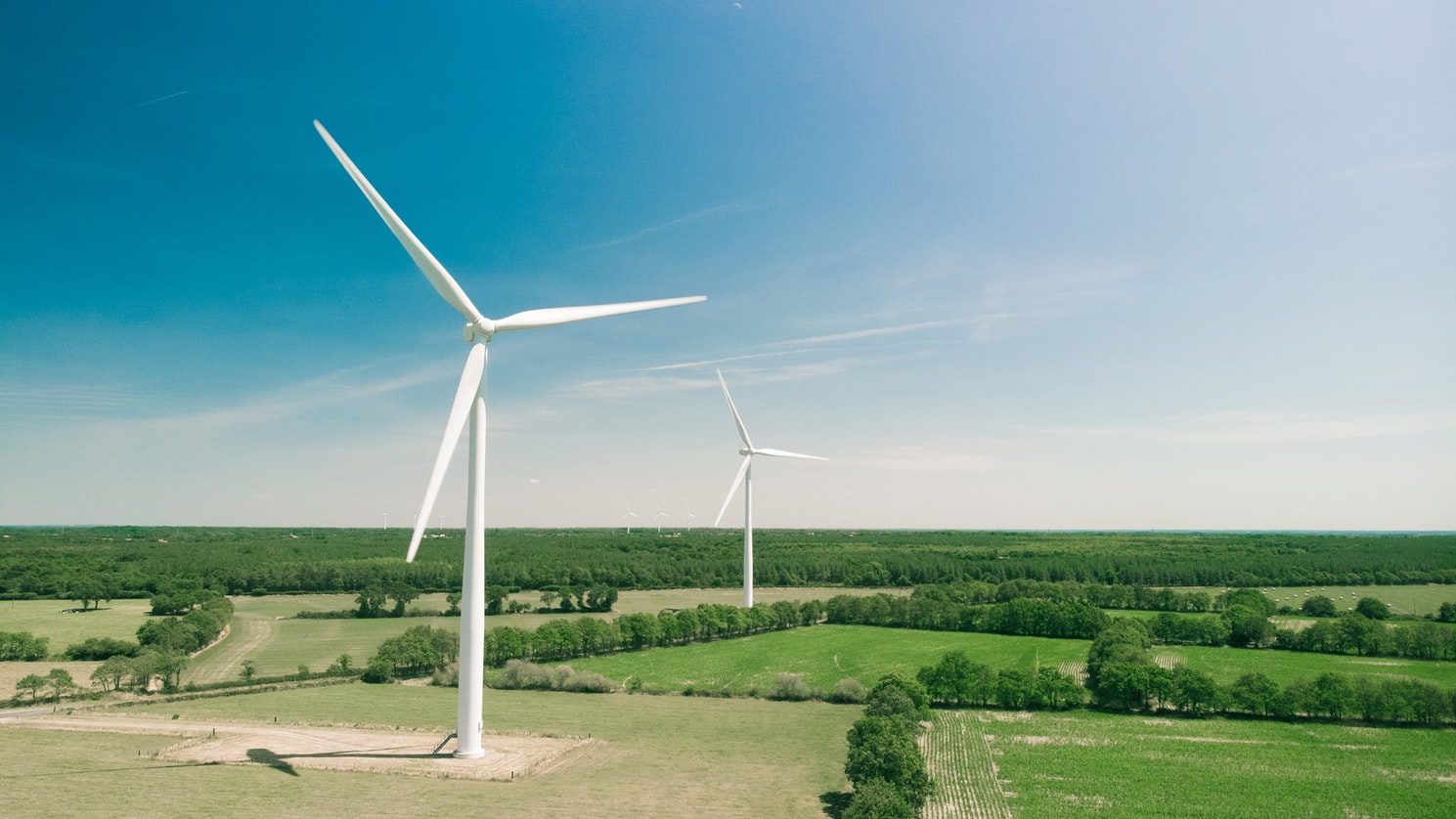Covid consequences for ESG
David Prosser examines the implications of coronavirus on ESG investing and investment company offerings in this space.

 One consequence of the Covid-19 pandemic predicted by many commentators is that people will think more deeply about their values – that they will take a new approach to work and travel, for example, that reflects what’s really important to them. In the context of investment, that is likely to provide a further boost for the ESG phenomenon – the rapid growth in recent years of funds investing according to environmental, social and governance principles.
One consequence of the Covid-19 pandemic predicted by many commentators is that people will think more deeply about their values – that they will take a new approach to work and travel, for example, that reflects what’s really important to them. In the context of investment, that is likely to provide a further boost for the ESG phenomenon – the rapid growth in recent years of funds investing according to environmental, social and governance principles.
In this regard, it was fascinating to read a recent article from Patrick Thomas, who is head of ESG Investing at the wealth manager Canaccord Genuity. He focused on the potential role of investment companies in helping more investors to save for the long term in this way.
Of course, while the idea that you do well by doing good with your investments is currently ultra-fashionable, it is hardly a new concept. Thomas points to the Impax Environmental Markets Trust, launched all the way back in February 2002, and still one of the few collective funds in the UK offering exposure specifically to businesses focused on environmental solutions. He also singles out the Renewables Infrastructure Group as having been the first fund of its type in the UK – until its launch, collective funds investors had no way to access this asset class.
In fact, there are many more examples across the investment companies sector of funds trailblazing in this way. Funds such as Foresight Solar and Greencoat UK Wind offer pure-play exposure to different aspects of the green power story. Jupiter Green and Menhaden provide broader environmental remits.
Looking beyond the most obvious ways to play the ESG theme, the sector also excels in areas such as healthcare and biotechnology, where a number of top-performing funds invest in businesses transforming human lives for the better. The venture capital trust sub-sector also offers a number of potentially interesting opportunities for ESG investors.
This is not to suggest that investment companies have a monopoly on ESG investment styles – far from it. However, there is something about the very nature of the closed-ended fund sector that encourages innovation and experimentation in less conventional areas of the market, including ESG.
Often, developing asset classes tend to be less liquid, for example. The closed-ended structure is a more appropriate way to approach this issue. Similarly, these less mature areas of the market are less likely to offer income, but investment companies have mechanisms through which capital gains can be provided as dividends if that is what investors desire.
More fundamentally, the concept of an investment company – a vehicle that must make its case for raising money to shareholders on the open market and then safeguard the interests of those investors – is a better fit with innovation. Open-ended funds, by contrast, are products launched by marketers who tend to be followers rather than pioneers. Investment companies even have the option of promising shareholders the opportunity to wind them up if their experimentation does not bear fruit.
All of which is to say we are likely to see investment companies find new ways to meet the growing demand for ESG investment. New issues in the current marketplace look problematic, given the ongoing volatility caused by the Covid-19 pandemic, but as conditions normalise it will be fascinating to see what the sector can offer.
Environmental funds, two decades after Impax’s launch, are today available in a range of shades of green. But there is certainly space for more funds focused on social values, for example, or on businesses that meet the highest standards of governance. Watch this space.

